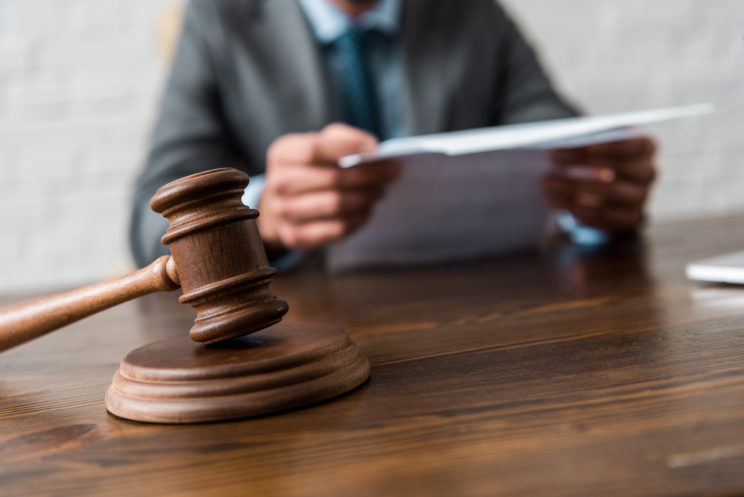

The Evidence Code is not just for criminal attorneys. Family law attorneys can also use the Evidence Code as a weapon and should. With a well-crafted Evidence Code objection and proposed order, it may be possible to keep problematic evidence out. In a domestic violence hearing, one side will often attach a police report with the declaration filed with the Court. To keep the police report out of evidence, file an evidentiary objection under Evidence Code §1200 as the police report is hearsay. Only if the opposing side brings the police officer to court to testify will the police officer’s testimony become part of the court record.
In a case where the mental health of a parent is an issue, one parent may submit a declaration opining about the parent’s mental health or misdiagnosis of the other parent’s mental health issues. If so, a practitioner should file or make a motion to strike on the grounds of Evidence Code §702, lack of personal knowledge. The parent challenging the mental health of the other parent may also try to get access to the other parent’s mental health records by hiring an expert to opine in a declaration about the diagnosis and mental health of the other parent. If so, the Evidence Code provides a shield and may keep the entire declaration out under Evidence Code §702, §801, §802 and §994.
Evidence Code §1101 (a) provides that evidence of a person’s character or trait of character is inadmissible when offered to prove his or her conduct on a specific occasion. If the other side files a declaration from a third party alleging that your client has stolen money from the spouse, cheated or otherwise behaved badly, an attorney should file an evidentiary objection to the declaration under Evidence Code §352 and Evidence Code §2335, along with a proposed order. Evidence Code §352 provides that the court may exclude evidence, if its probative value is substantially outweighed by the probability that its admission will necessitate undue consumption of time, or create substantial danger of undue prejudice, or confusing the issues. Because there are no jury trials in family court, bench officers may be less concerned about prejudice but it is still worth it to make the objection to preserve the record for appeal. Evidence Code §2335 provides that except as otherwise provided by statute, evidence of specific acts of misconduct are improper and inadmissible, resulting in the court granting the objection and excluding the declaration.
California is a two-party consent state with respect to recordings. Penal Code §632 makes it illegal for an individual to monitor or record a confidential communication. As a practice pointer, attorneys should alert their clients that any recording requires the other party’s consent unless there is a court order providing otherwise. But there is an exception to the rule in the form of impeachment evidence. In Frio v. Superior Court (lerace) (1998) 203 Cal. App. 3d 1480, 1490, the court held that a party who unlawfully recorded a communication is prohibited from introducing the recording into evidence, but a transcript of the unlawfully recorded conversation may be admissible to impeach the testimony where it contradicts or varies from the illegal recording. The Frio court stated that this result was necessary to avoid conferring the testifying witness with the right to commit perjury with impunity. If during a hearing, the testifying witness denies ever making a threat to your client, and your client has a recording of the threat, you may be able to get the portion of the recording that includes the threat admitted into evidence under Frio.
Family law attorneys should not be afraid to use the Evidence Code for their client’s advantage.
About the Author:
Anne Fokstuen is Vice Chair of the BASF Family Law Section. She is a solo family law practitioner in San Francisco County, who previously practiced criminal law. She can be reached at af@annefokstuen.com.